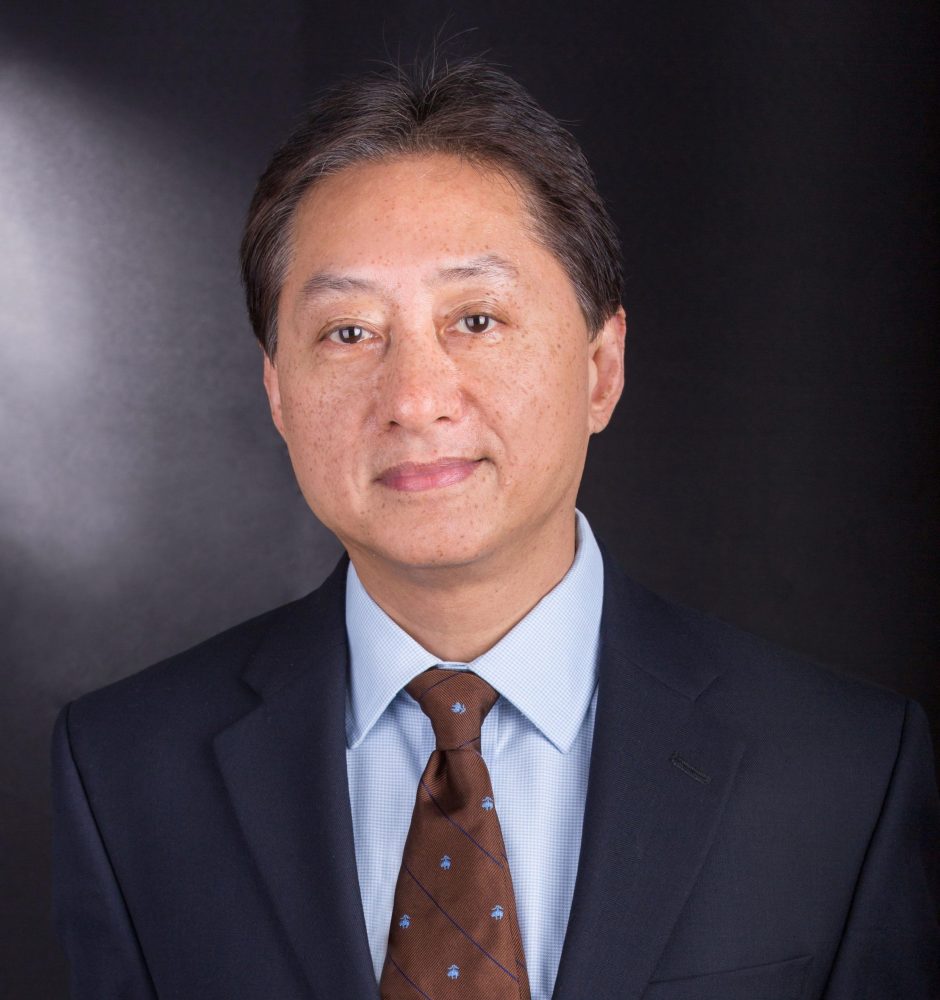透過把中國一級土地市場的土地交易數據與上市公司董事會成員的詳細履歷作出配對,我們發現地方官員與公司之間存在「旋轉門」交易模式。地方官員以折扣價出售土地予此等上市公司,隨後在其退休時獲這些公司任命加入董事會作為報酬。具體來說,與沒有幫助公司取得低廉土地交易的董事會成員相比,這些「旋轉門官員」獲「交易公司」聘為董事會成員的可能性高達三倍,薪酬則高出23%,而持有公司的股份更高出81%。然而,上述情況均以交易公司能夠獲得價格折扣為大前提。一般而言,公司可享平均19.4%的買地折扣。但在突擊審計期間,旋轉門官員無法提供價格折扣,其獲聘為董事會成員的可能性亦會減半,而雙方分別獲得的價格折扣和額外補償亦會完全消失。透過提供互惠互利的實證,我們發現「旋轉門」在內地被用作「支付」而非「拉關係」的工具。

Past events can obviously have a profound effect on the future; but can these effects be measured and quantified? Two professors at the HKU Business School, Professor James Kung and Dr Chicheng Ma, and Dr Ting Chen of Hong Kong Baptist University, recently attempted to find out. They co-authored a paper on the impacts of China’s long-lived civil examination, the keju, on the modern-day society and economy of the country. They discovered that success in this ancient examination in particular locations led to a measurable effect on modern economic development in the same locations in the present day.
港大經管學院龔啟聖教授在知名經濟學期刊《經濟學雜誌》發表的論文被挑選為2020年度最佳論文,因而榮獲英國皇家經濟學會獎。他和馬馳騁博士及陳婷博士聯合撰寫的論文 “Long Live Keju! The Persistent Effects of China’s Civil Examination System” (中文翻譯:科舉萬歲!中國科舉制度所產生的深遠影響),研究科舉制度千年以來對中國的人力資本或教育成果的長遠影響。
China's civil examination system (keju), an incredibly long-lived institution, has a persistent impact on human capital outcomes today. Using the variation in the density of jinshi—the highest qualification—across 278 Chinese prefectures in the Ming-Qing period (c. 1368–1905) to proxy for this effect, we find that a doubling of jinshi per 10,000 population leads to an 8.5% increase in years of schooling in 2010. The persistent effect of keju can be attributed to a multitude of channels including cultural transmission, educational infrastructure, social capital, and to a lesser extent political elites.





